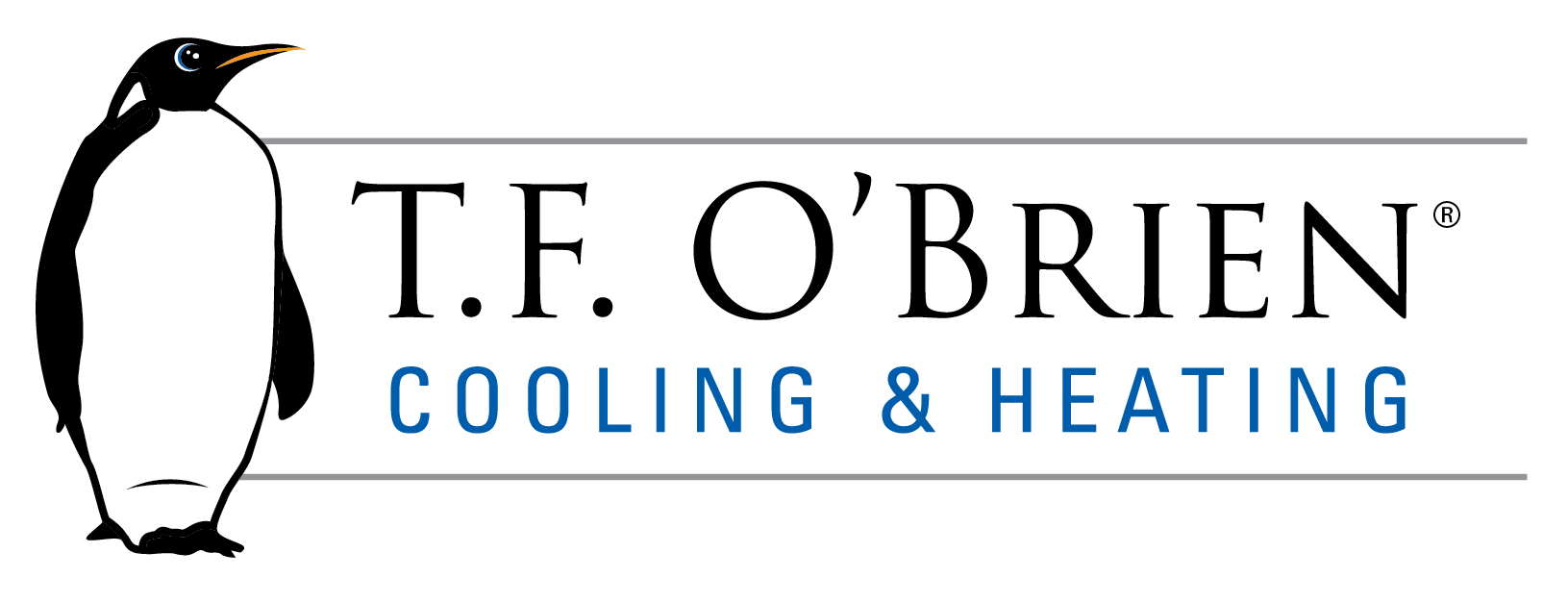Most homes in the United States are heated by a furnace or a boiler. Boilers use water to distribute heat into the house, while furnaces heat the air directly. Both furnaces and boilers use fuel to operate at varying rates of efficiency. AFUE ratings clue homeowners in to what that efficiency is.
What Is AFUE and How Is it Calculated?
The efficiency of heaters and boilers is expressed with an annual fuel utilization efficiency (AFUE) rating. This utilization efficiency is the heat output of the furnace or boiler compared to the total fuel consumed over a year. So an AFUE of 90 means that 90 percent of the fuel is converted and used as heat, while 10 percent is lost. The rating doesn’t take into account heat losses in ducts or piping, only the efficiency of the furnace or boiler.
Minimum Ratings for Boilers and Furnaces
The Department of Energy (DOE) has defined a minimum AFUE of 78 for a variety of appliances. Older systems have a much lower efficiency than newer systems, meaning that if your house is older and the heating system isn’t maintained, you’re spending more money on fuel while getting less heat out of the system. Improving the efficiency rating of your boiler or furnace will not only help the environment by consuming less fossil fuels, but you’ll also save money without compromising heating quality.
Installing a new, more efficient heater or furnace can be unnecessary, with many options for retrofitting your existing heating system available. If, however, you have an old, inefficient system that’s had many repairs in recent years, it may be that retrofitting will be more expensive and time consuming than simply replacing the entire system. Opting for a high-efficiency furnace replacement may be the way to go, and if you do so by the end of 2013, you may be able to take advantage of federal tax credits to reduce the cost.
For more information about AFUE ratings or other home comfort concerns, contact the pros at T.F. O’Brien Heating & Cooling. We’re proud to serve the HVAC needs of homeowners throughout Long Island.
Our goal is to help educate our customers about energy and home comfort issues (specific to HVAC systems). For more information about other HVAC topics, download our free Home Comfort Resource guide.
Image via Shutterstock.com
